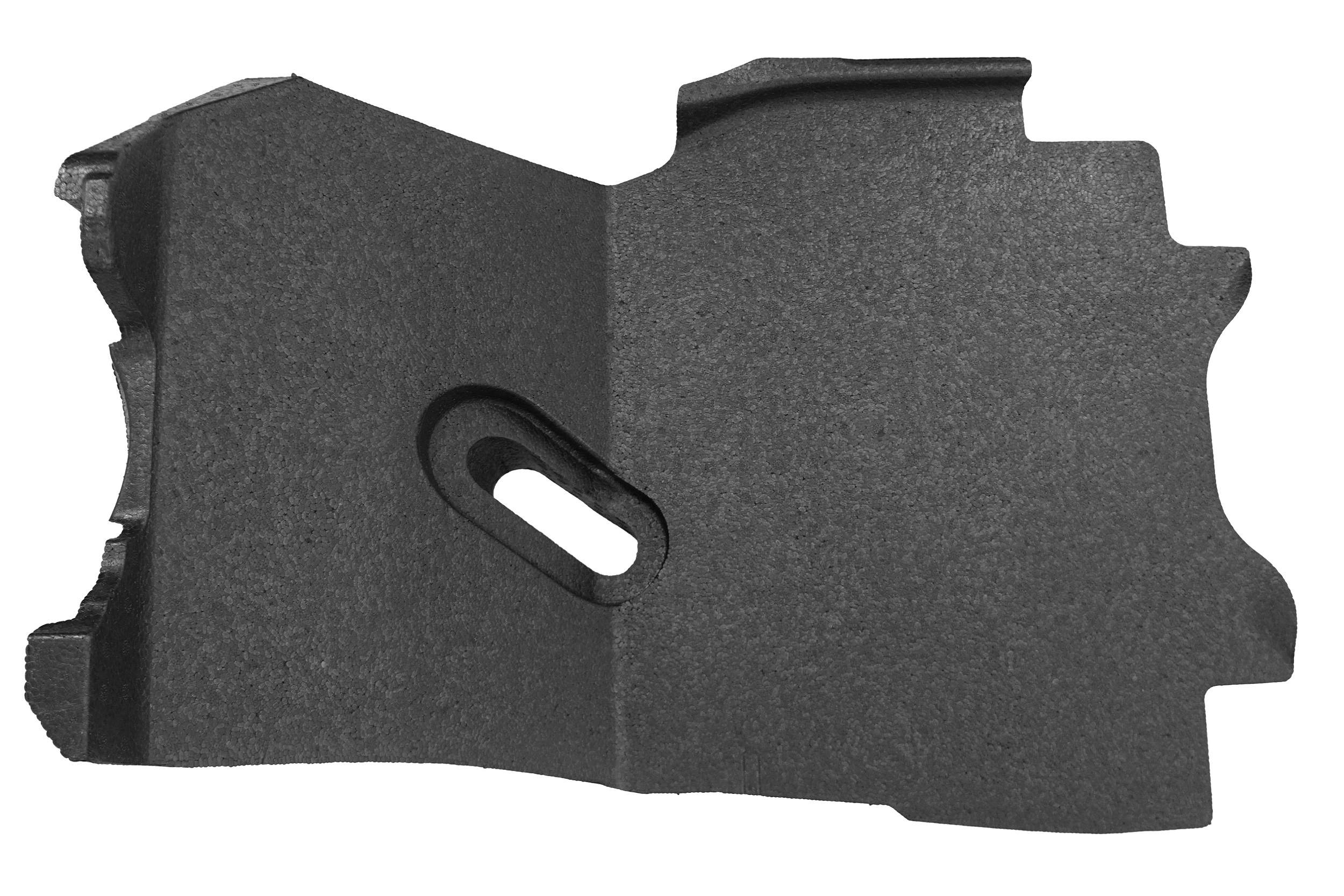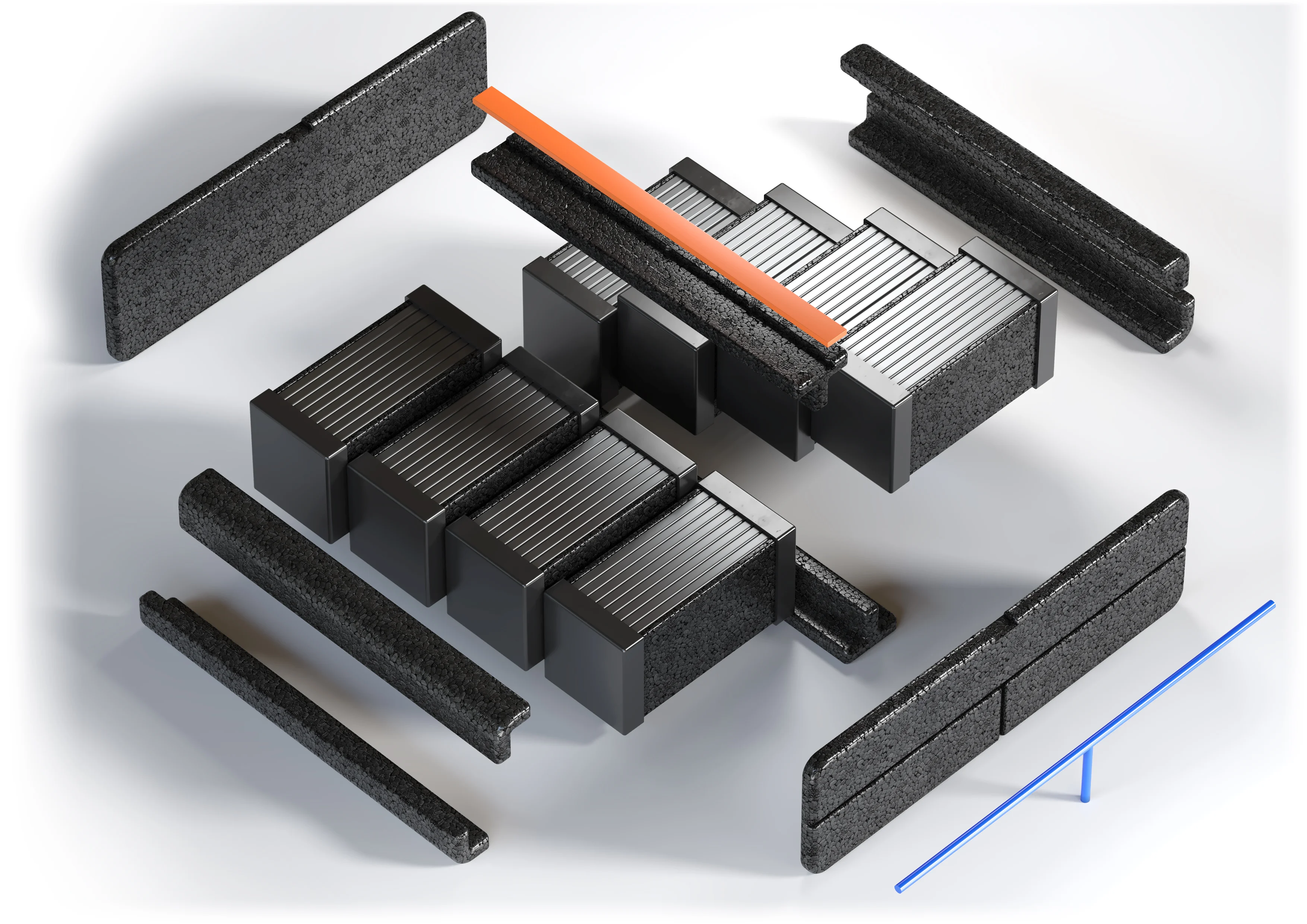For a long time, the role of computer software in vehicles has become increasingly important. Software solutions integrate a variety of car functions, providing users with a range of benefits. Advanced safety solutions, extensive driver support or systems that improve driving comfort are just some of the possibilities. Customers in the automotive market are increasingly interested in automating individual systems. The continuous development of the automotive industry, especially towards software-defined vehicles, means that not before long we will see more and more “cars of the future” on the road.
What is a software-defined vehicle?
“Software-defined vehicle” is a relatively new concept that refers to a completely new approach to car design. The main idea here is the ability to control all parameters and functions of the car using special software. Such solutions offer a much higher level of both safety and driving comfort due to the provision of continuous updates and access to wireless services.
The concept of software-defined vehicles is rapidly gaining popularity in the automotive industry. It's an approach that offers many benefits – the most important aspects involve maximizing the lifecycle and value of vehicles through software commercialization. This type of technology will also allow the collection of more information about cars and driving parameters to effectively improve the solutions used in vehicles.
When can a vehicle be called software-defined?
Understanding the premise of software-defined vehicles is very important for the development of this branch of motorization. The term refers to the state in which the value of software solutions and all electronic equipment exceeds the value of mechanical equipment. Thus, to some extent, this is a new approach to automotive design, which at the same time continues the trends that have been progressing for years regarding the growing importance of electronics in vehicles.
Customer expectations and requirements for automotive manufacturers are constantly growing. This is particularly noticeable in three key areas: electrification, automation and communication. In order to meet the new challenges, it is essential to take advantage of dedicated software. Through updates and wireless services it will be possible to react more quickly to any problems, introduce new solutions, as well as gather valuable information on individual vehicle functions.
What are the benefits of software-defined vehicles?
Software-defined cars offer many advantages in terms of safety and convenience. Customers will be able to receive wireless updates, which will include the following improvements, among others:
- improved security functions,
- new infotainment system functions,
- monitoring and tuning of basic vehicle functions, primarily those in the powertrain.
In the process, software-defined vehicles will facilitate the collection of key data used by automotive manufacturers. Continuous insight into every aspect of both the vehicle's operation and its performance will be possible. Such monitoring and continuous control will allow the manufacturer to improve car lifecycle management systems and develop new features that could generate even more revenue.
See also: DFM – Design for Manufacturing in the automotive industry. Advantages, added value and costs
Evolution of software-defined vehicles
The development of software-defined vehicles requires automotive companies to make some changes in the strategies they have used so far. It is very important to separate software and hardware development – similar developments have been observed in the evolution of smartphones. With this type of device, initially, the software was closely tied to the hardware. Over time it was noticed, however, that such approaches were not conducive to rapid development and introduction of more and more advanced features. Therefore, it turned out to be a better solution to make the operation of the software platform independent of the fundamental hardware components.

Other changes that manufacturers should be ready for in terms of further development of software-defined vehicles include an increase in the demand for advanced microprocessors and other electronic components. To ensure efficient processing of large amounts of data and cooperation with other vehicles on the road, the use of very powerful computers will be necessary. Software security requirements are also likely to grow even further. Use of advanced systems will thus prove vital for ensuring protection against cyber attacks.
See also: What does the car factory of the future look like?
Benefits for both customers and manufacturers
Software-defined vehicles are a great benefit for both customers and manufacturers. The former can count on completely new functions and a greater degree of automation, while automotive companies can look forward to the emergence of new business models and revenue streams. Vehicles of this type will be a kind of “bridge” connecting consumers with companies. Relationships along this line will be able to be based on cooperation and constant exchange of information, rather than solely on one-way sales.
New trends in the automotive industry

The automotive industry is evolving on many levels. Some aspects are merging, completely changing the previous approach to automotive systems developments. One such area is zero-emission travel. This is another premise of the cars of the future that cannot be forgotten when upgrading the various functions of vehicles. Knauf Industries is a company that actively supports the automotive industry in this area. The company's offer includes, among other things, modern insulation solutions for vehicle battery systems. It also provides kits for ECVs, PHEVs and much more. EPP and EPS foam solutions made available by Knauf guarantee excellent insulation performance and great absorption of impacts and side shocks.